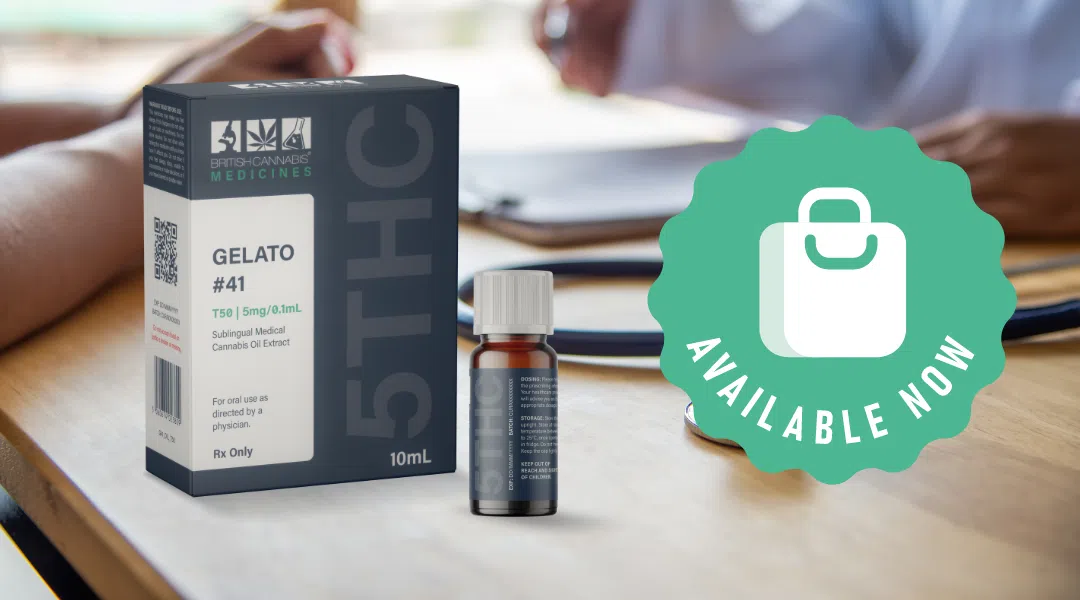
Groundbreaking Study Suggests Endocannabinoid System Could Revolutionize Treatment for Stress-Related Disorders
Researchers are heralding a potentially game-changing discovery that could revolutionize the way stress-related disorders are treated. A frontier study has unveiled a compelling new role of the body’s endocannabinoid system in mitigating stress, igniting fresh hope for developing ground-breaking psychiatric drugs.
Key Takeaways
The endocannabinoid system might be a new frontier in treating psychiatric disorders.
Activated by the brain under stress, the system releases its cannabinoid molecules.
Endocannabinoid molecules can dampen brain stress alarms, suggesting a natural body response.
The study reveals the critical role of cannabinoid receptor type 1 (CB1) in stress management.
Current methods of treating stress-related conditions could be significantly enhanced.
Diving deeper into the study reveals that scientists believe the brain’s reaction to stress involves triggering the production of cannabinoid molecules, much like the THC produced by cannabis plants. Nevertheless, the precise patterns and circuits regulated by these molecules are largely undiscovered territories.
The groundbreaking research has unearthed a fascinating insight – an emotional brain centre, the amygdala, releases these endogenous cannabinoid molecules under stress. These molecules then reduce the ‘stress alarm’ signals sent by the hippocampus, another critical brain centre responsible for memory and emotions. These findings reinforce the hypothesis that these molecules are the body’s own natural stress-coping mechanism.
Considering stress exposure increases the risk or exacerbation of psychiatric disorders such as PTSD, generalised anxiety, and major depression, understanding this internal response and its potential in new drug development might represent a paradigm shift in treating such conditions.
The study, conducted at Northwestern Medicine, employed a revolutionary protein sensor capable of detecting cannabinoid molecules at particular brain synapses in real-time. It revealed that these molecules were released in mice in response to various types of stress and that disturbances in these processes may contribute to stress-related psychiatric disorders.
If researchers removed the primary target of these cannabinoids, the CB1 receptor, the mice demonstrated reduced stress-coping abilities and motivational deficits. Specifically, the mice exhibited passive behaviour, diminished pleasure, and a reduced preference for sweetened water following stress exposure, akin to the symptoms seen in humans with depression or PTSD.
“Our understanding of how the brain adapts to stress at the molecular, cellular and circuit level offers profound insights into the translation of stress into mood disorders. It also reveals new potential therapeutic targets for stress-related disorders” says Dr Sachi Patel, chair of psychiatry and behavioural sciences at Northwestern University Feinberg School of Medicine and a psychiatrist at Northwestern Medicine.
The endocannabinoid system stands as one of the top candidates for therapeutic drug development to tackle stress-related psychiatric disorders. Dr Patel suggests that increased endocannabinoid levels could be explored as a potential treatment—” a next logical step from this study.”
Aided by grants from the National Institute of Mental Health and others, promising clinical trials currently underway may soon validate Dr Patel’s prediction.
What BRITISH CANNABIS™ Has To Say
With this promising research, the medicinal properties of cannabis gain further credibility, strengthening the argument for its use in therapeutic drug development. We are passionately committed to promoting and championing these groundbreaking studies that reinforce the transformative potential of cannabis science.
By unlocking the secrets of the endocannabinoid system, we are one profound step closer to a revolution in the treatment of stress-related psychiatric disorders. The future of medicine indeed looks greener.






